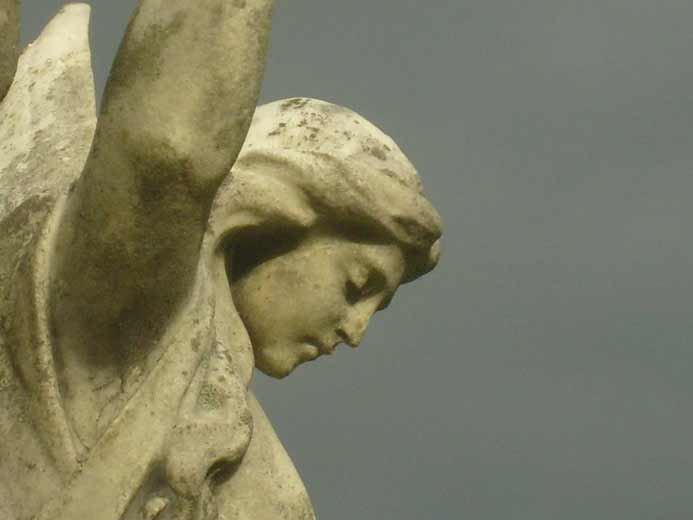Found this in the Prologue. "For medieval thinkers ... religio referred to interior acts of devotion, while scientia was considered a habit of mind." The concept of 'religion', the authors tell us, hardly existed before the seventeenth century, and the word 'scientist' was first used in the nineteenth. The opposition between religion and science is a recent invention. An individual could contain religio, so to speak, while looking out at the world with scientia.
This makes sense to me. The notion that "there's more" fits with both science and spiritual belief (widening this out from 'religion', which seems to me a restrictive term) and is probably necessary to both. If 'religion' is signing up to the letter of a man-made doctrine, and 'science' dictates that there is nothing beyond the observable/verifiable, then they're both expressions of the same human impulse towards restriction, control, domination, fear of the unknown, closing the eyes. And the answer to both is: yes, but what if there's more?
Scientific enquiry, my logic suggests, rests on the assumption that we could know more; that there is more to be known - and a scientist will thus tend to be open-minded as well as curious. People who say "I believe that there's more", or any such phrase, in the context of a conversation about religion, don't seem to make it a condition of their belief that the "more" reveals itself. Both scientists and spiritual believers are open to the possibility that we don't know the whole story.
For me, the distinction between the two is: scientists are concerned with the engine; spiritual types look towards the driver. Maybe there is more beyond the senses we have. Maybe our senses aren't such a convenient match with everything that could be sensed. I wonder.

